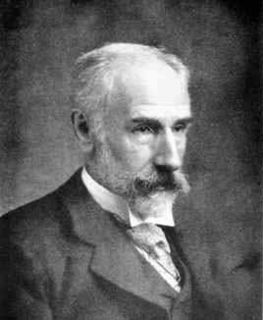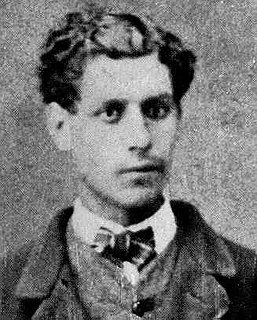A Quote by Georges Bataille
Though the immediate impression of rebellion may obscure the fact, the task of authentic literature is nevertheless only conceivable in terms of a desire for fundamental communication with the reader.
Related Quotes
Our politics and science have never mastered the fact that people need more than to understand their obligation to one another and to the earth; they need also the feeling of such obligation, and the feeling can come only within the patterns of familiarity. A nation of urban nomads, such as we have become, may simply be unable to be enough disturbed by its destruction of the ecological health of the land, because the people's dependence on the land, though it has been expounded to them over and over again in general terms, is not immediate to their feelings.
My job is unbearable to me because it conflicts with my only desire and my only calling, which is literature. Since I am nothing but literature and can and want to be nothing else, my job will never take possession of me, it may, however, shatter me completely, and this is by no means a remote possibility.
With the audience I write for, I want to make sure that the reader is eagerly turning every page. I want each of my books to be an absorbing reading experience, an authentic piece of literature. The worst thing that can happen is for a book to have a chilling effect on the reader, to have a kid pick it up and look at a bunch of footnotes and think, No, I'm not going to read this, it's too intimidating.
Expulsion from Paradise is in its main aspect eternal: that is to say, although expulsion from Paradise is final, and life in theworld unavoidable, the eternity of the process (or, expressed in temporal terms, the eternal repetition of the process) nevertheless makes it possible not only that we might remain in Paradise permanently, but that we may in fact be there permanently, no matter whether we know it here or not.
For the judging of contemporary literature the only test is one's personal taste. If you much like a new book, you must call it literature even though you find no other soul to agree with you, and if you dislike a book you must declare that it is not literature though a million voices should shout you that you are wrong. The ultimate decision will be made by Time.




































